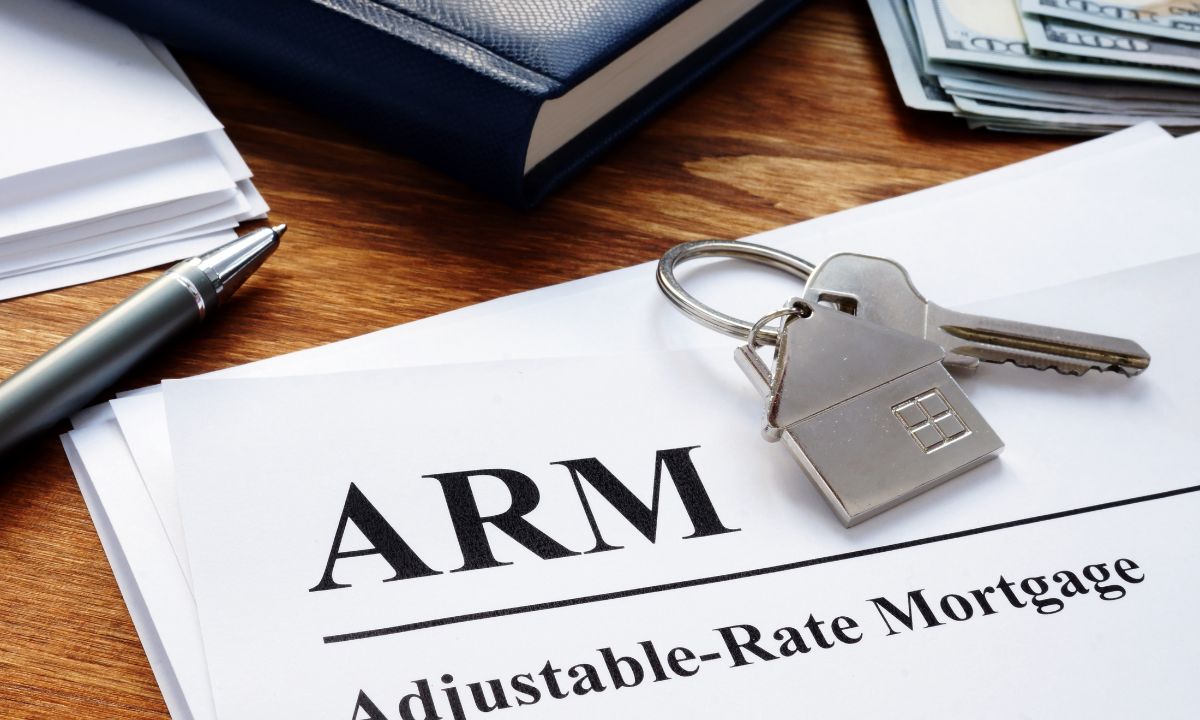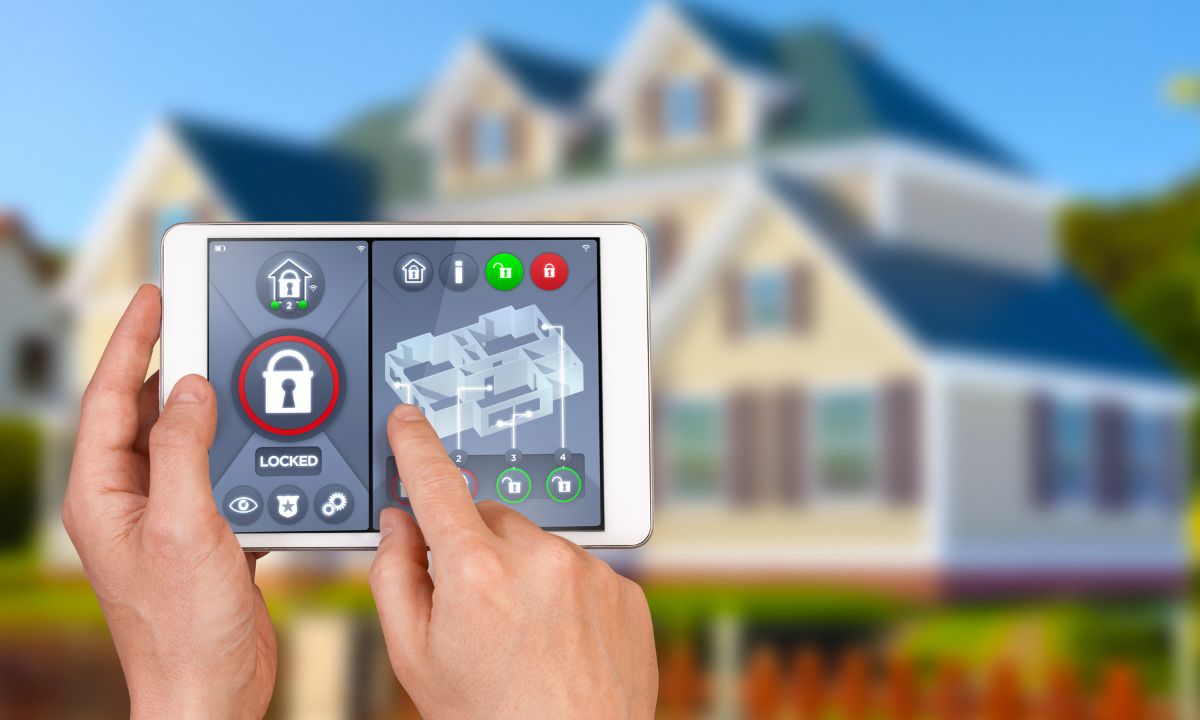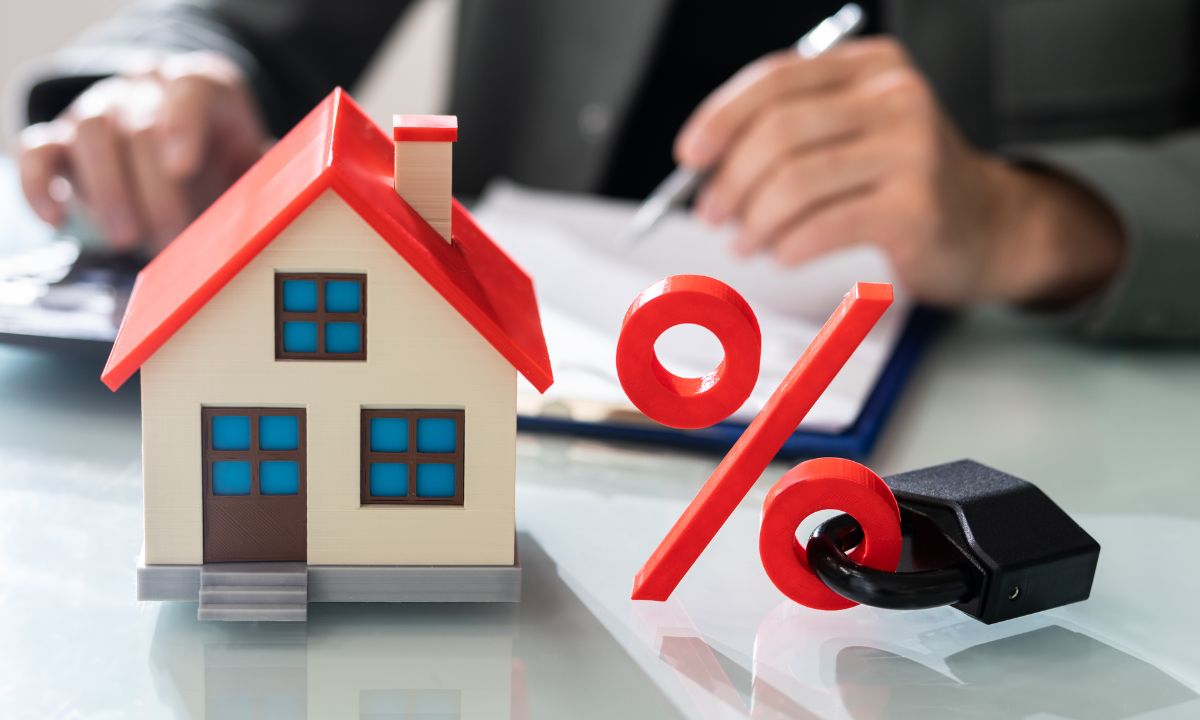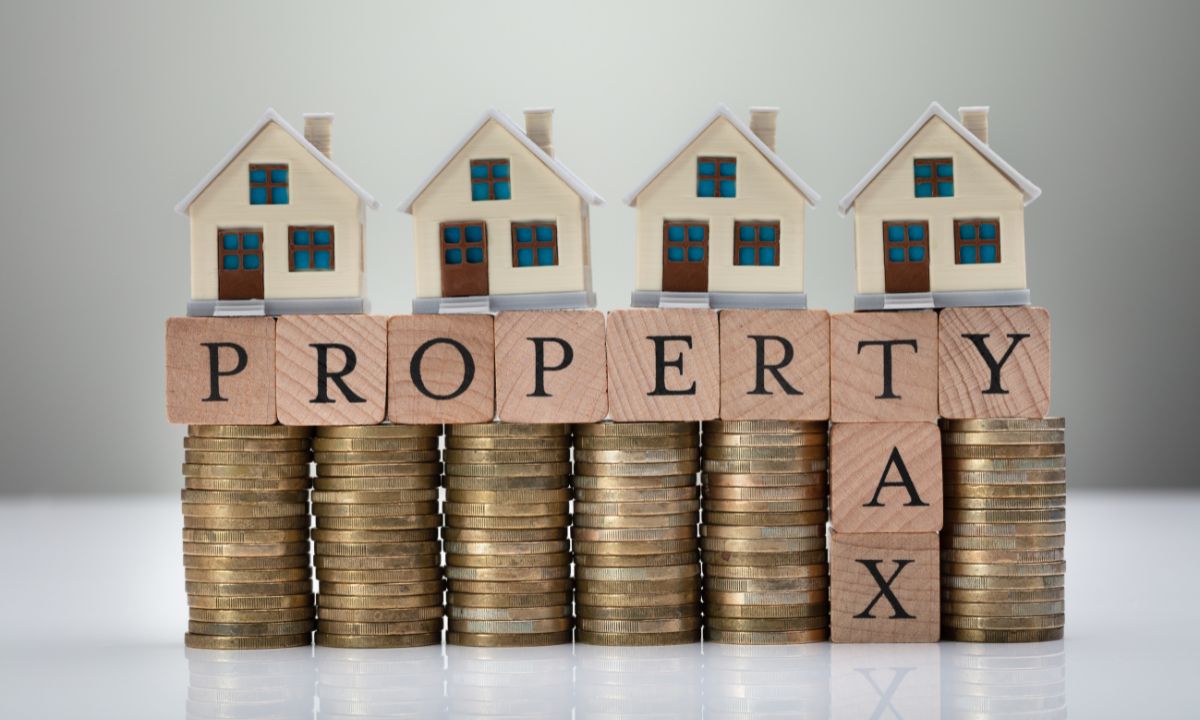 In today’s fast-paced world, finding ways to unwind and connect with nature is increasingly important. One of the best ways to do this is by making the most of your outdoor living space. Whether you have a smaller backyard or a cozy balcony, there are plenty of easy ways to transform it into a welcoming oasis where you can relax, entertain, and enjoy the beauty of the outdoors. In this article, we’ll explore four simple yet effective ways.
In today’s fast-paced world, finding ways to unwind and connect with nature is increasingly important. One of the best ways to do this is by making the most of your outdoor living space. Whether you have a smaller backyard or a cozy balcony, there are plenty of easy ways to transform it into a welcoming oasis where you can relax, entertain, and enjoy the beauty of the outdoors. In this article, we’ll explore four simple yet effective ways.
Create Comfortable Seating Areas:
One of the keys to enjoying your outdoor space is having comfortable seating where you can relax and unwind. Depending on the size of your space, consider adding a mix of seating options such as lounge chairs, benches, and outdoor sofas. Opt for weather-resistant materials like wicker, teak, or metal that can withstand the elements and require minimal maintenance. Adding cushions, throw pillows, and outdoor rugs can also help create a cozy and inviting atmosphere.
Incorporate Greenery and Plants:
Bringing greenery into your outdoor space can instantly breathe life and freshness into the area. Consider adding potted plants, hanging baskets, or vertical gardens to add color and texture to your outdoor oasis. Choose a variety of plants that thrive in your climate and require minimal upkeep, such as succulents, ferns, and herbs. Not only will they enhance the beauty of your space, but they’ll also help improve air quality and create a sense of tranquility.
Define Functional Zones:
To make the most of your outdoor living space, consider dividing it into distinct functional zones based on your needs and preferences. For example, you could create a dining area with a table and chairs for al fresco meals, a cozy reading nook with a hammock or swing, and a gathering spot around a fire pit or outdoor fireplace for evening conversations. By defining these zones, you can maximize the usability of your space and create different areas for relaxation, entertainment, and socializing.
Add Ambient Lighting:
The right lighting can transform your outdoor space and create a magical ambiance, especially in the evenings. Consider incorporating a mix of ambient, task, and accent lighting to illuminate different areas and create depth and dimension. String lights, lanterns, and solar-powered pathway lights are easy and affordable options for adding warmth and charm to your outdoor oasis. Don’t forget to highlight architectural features, plants, and focal points to create visual interest and enhance the overall atmosphere.
Your outdoor living space is an extension of your home and should be a place where you can retreat, unwind, and connect with nature. By following these four easy tips, you can transform your outdoor space into a welcoming oasis that reflects your style and enhances your quality of life. Whether you’re hosting gatherings with friends and family or simply enjoying a quiet moment alone, making the most of your outdoor living space will allow you to fully embrace the beauty and serenity of the outdoors.
 Which is better — a fixed-rate mortgage or an adjustable-rate mortgage (ARM)? It’s a common question among home buyers and refinancing households. The answer? It depends.
Which is better — a fixed-rate mortgage or an adjustable-rate mortgage (ARM)? It’s a common question among home buyers and refinancing households. The answer? It depends. Owning a home is a significant milestone, representing a culmination of hard work, dreams, and financial investment. However, as any homeowner knows, unexpected repairs and maintenance issues can quickly arise, posing a challenge to both your peace of mind and your budget. This is where home warranty plans step in, offering a layer of protection and financial security for homeowners. In this guide, we’ll explore what home warranty plans entail, how they work, and why they are a valuable asset for protecting your investment and budget.
Owning a home is a significant milestone, representing a culmination of hard work, dreams, and financial investment. However, as any homeowner knows, unexpected repairs and maintenance issues can quickly arise, posing a challenge to both your peace of mind and your budget. This is where home warranty plans step in, offering a layer of protection and financial security for homeowners. In this guide, we’ll explore what home warranty plans entail, how they work, and why they are a valuable asset for protecting your investment and budget. Real estate is not just about bricks and mortar; it’s a reflection of societal trends, economic conditions, and cultural shifts. One significant factor influencing the real estate market is demographics, particularly generational preferences. From baby boomers to millennials and Gen Z, each generation brings unique perspectives, lifestyles, and priorities that shape their housing choices and ultimately impact the real estate landscape.
Real estate is not just about bricks and mortar; it’s a reflection of societal trends, economic conditions, and cultural shifts. One significant factor influencing the real estate market is demographics, particularly generational preferences. From baby boomers to millennials and Gen Z, each generation brings unique perspectives, lifestyles, and priorities that shape their housing choices and ultimately impact the real estate landscape. Smart homes are rapidly reshaping the real estate landscape, promising unparalleled convenience, security, and sustainability. With automation and connectivity at their core, these homes represent the forefront of technological innovation, offering homeowners unprecedented control over their living environments.
Smart homes are rapidly reshaping the real estate landscape, promising unparalleled convenience, security, and sustainability. With automation and connectivity at their core, these homes represent the forefront of technological innovation, offering homeowners unprecedented control over their living environments. Those who are involved in the real estate industry likely know that mortgage rates are at an all-time low. At the same time, nobody wants to pay more for a house than they have to. Some of the most important factors that dictate how much someone is going to pay for a house include points and interest rates.
Those who are involved in the real estate industry likely know that mortgage rates are at an all-time low. At the same time, nobody wants to pay more for a house than they have to. Some of the most important factors that dictate how much someone is going to pay for a house include points and interest rates. The contemporary trend towards expansive dimensions is palpable in various aspects of modern life. Oversized soft drinks, large fast-food meals, and expansive smartphones have become ubiquitous. However, one unlikely sector experiencing a similar trend is the realm of mortgages.
The contemporary trend towards expansive dimensions is palpable in various aspects of modern life. Oversized soft drinks, large fast-food meals, and expansive smartphones have become ubiquitous. However, one unlikely sector experiencing a similar trend is the realm of mortgages. In recent years, solar panels have emerged as a sustainable and environmentally friendly solution to power generation. As the world continues to grapple with the effects of climate change, the adoption of solar energy has gained momentum. Beyond its positive impact on the environment, many individuals and businesses are also drawn to the potential savings associated with solar panel installations. However, amidst the growing popularity of solar energy, several myths and misconceptions persist.
In recent years, solar panels have emerged as a sustainable and environmentally friendly solution to power generation. As the world continues to grapple with the effects of climate change, the adoption of solar energy has gained momentum. Beyond its positive impact on the environment, many individuals and businesses are also drawn to the potential savings associated with solar panel installations. However, amidst the growing popularity of solar energy, several myths and misconceptions persist. Rate locks play a crucial role in the mortgage application process, helping borrowers secure a favorable interest rate for their home loans. Here’s an explanation of the importance of rate locks and when and how to secure the best rate:
Rate locks play a crucial role in the mortgage application process, helping borrowers secure a favorable interest rate for their home loans. Here’s an explanation of the importance of rate locks and when and how to secure the best rate: Retirement is a significant milestone in one’s life, symbolizing the culmination of years of hard work and dedication. As individuals approach this stage, meticulous planning becomes imperative to ensure a comfortable and financially secure future. Among the plethora of retirement planning options, real estate emerges as a challenging player, offering unique advantages that can enhance the overall strategy. Let’s discuss the pivotal role that real estate plays in retirement planning and why it deserves a prominent place in your financial portfolio.
Retirement is a significant milestone in one’s life, symbolizing the culmination of years of hard work and dedication. As individuals approach this stage, meticulous planning becomes imperative to ensure a comfortable and financially secure future. Among the plethora of retirement planning options, real estate emerges as a challenging player, offering unique advantages that can enhance the overall strategy. Let’s discuss the pivotal role that real estate plays in retirement planning and why it deserves a prominent place in your financial portfolio.